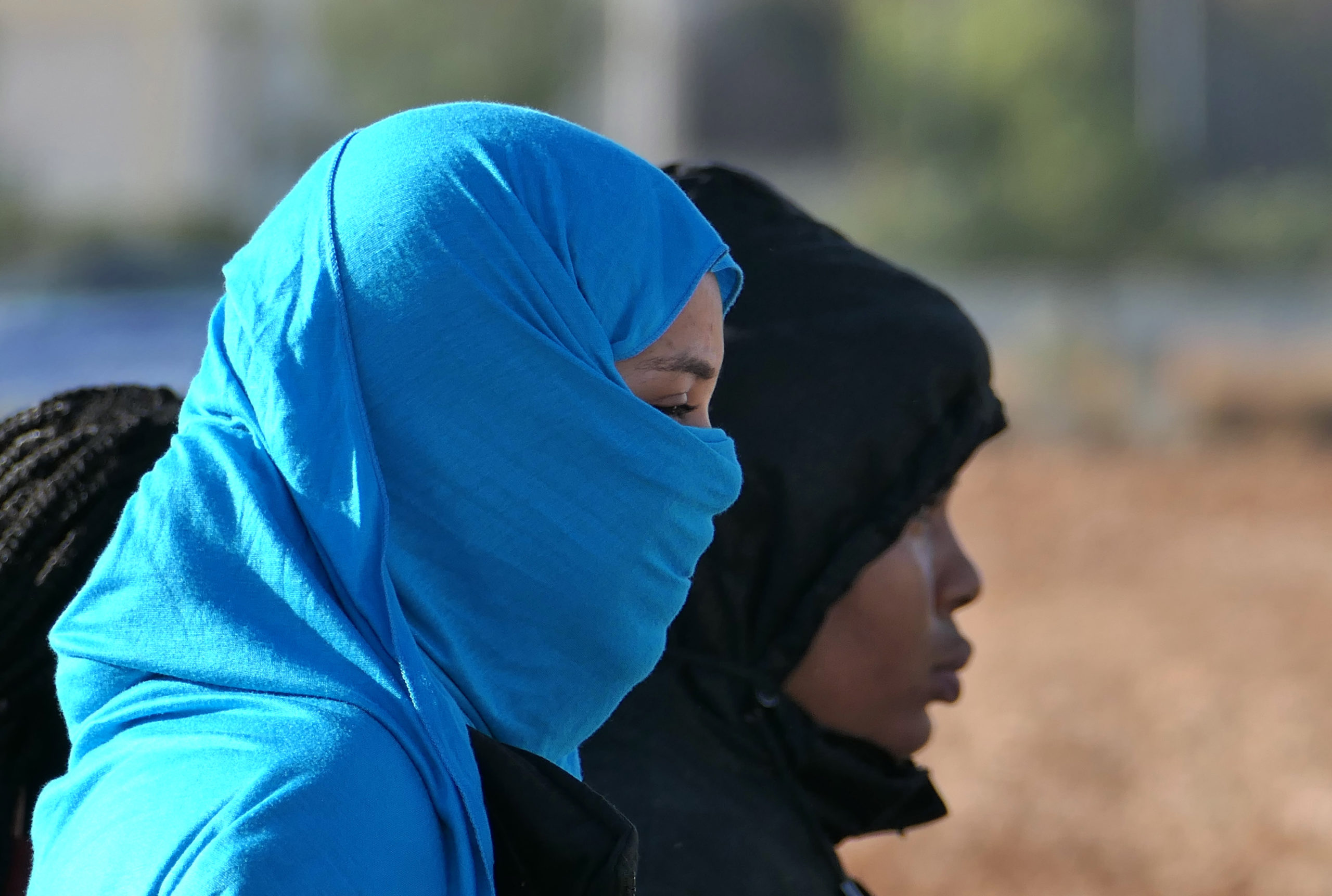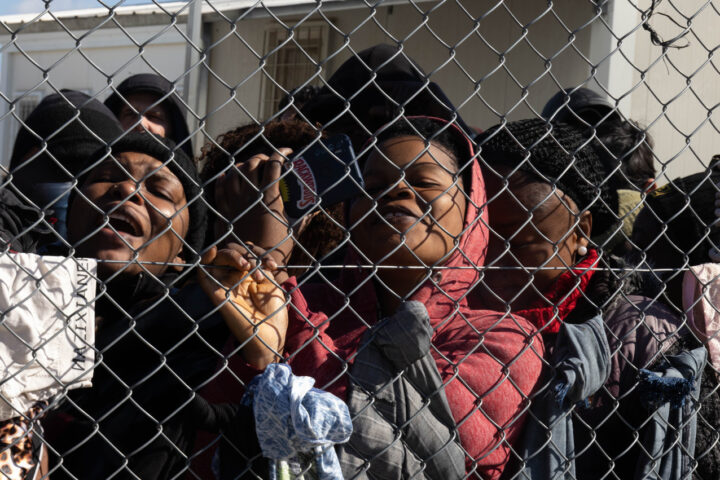When the government spokesman declared that 30% of pre-school children are migrants and 16% of elementary pupils, he opened Pandora’s Box on an issue this administration seems to tolerate, under pressure from the ruling party’s radical ranks.
The fact the numbers were inflated as well as skewed, as has often been the case in government rhetoric, to include all children of ‘non-Greek-speaking’ families, long-term residents as well, is irrelevant.
The harm caused by such racist comments is greater when it involves children, encouraging institutional racial segregation stemming from lack of education.
The irony is that youngsters ages five or 15 are more caring and understanding diversity than their parents and some teachers.
Apart from the Commissioner for the Rights of Children, Despo Michaelidou, who countered the official’s comments, there seems to be no other institution to protect children, regardless of colour, religion, or birthplace.
Her predecessors have also taken a strict stance regarding brainless comments by politicians and have rightly challenged this approach by some, directed purely at satisfying voter concerns.
However, the late respected Alecos Markides once told this newspaper that in such cases where there is a vacuum, the Attorney General must step in and protect children’s rights, as has been the case with landmark intervention in the past, especially on welfare.
Disy MP Marios Mavrides stopped short of calling the spokesman’s words a serious faux pas, gaffe even, but sufficed with “it should not have been said”.
House Human Rights Committee chair Irene Charalambidou was more vocal.
She said any words by the government spokesman also expresses the view of the government.
We do not want to share the same human rights and humanitarian record on migrants as Hungary and Poland, she said.
But looking at the matter through a wider lens, Mavrides, an economist, urged to emulate Angela Merkel’s open-arms approach to migration in Germany, integrating economic and other refugees in local society, by giving them work where jobs are scarce.
They would be a plus to society, not a detriment, Mavrides said.
If only his fellow party members had similar views.
Then again, the government’s policy on migration is re-active.
Instead of being pro-active, a wider problem is reflected throughout the European Union, where double standards are adopted to not upset trading partner Turkey.
Nothing is done to resolve the matter on the ground level, at the site of conflict, from Syria to Afghanistan and from Libya to central Africa, as long as somebody else is dealing with it.
The EU has failed miserably on this front, mainly due to the absence of a hard talking’ foreign minister’, trying to keep a consensus among member states, a dysfunction abused by governments and slave traders.
Syria and Afghanistan are on the brink of humanitarian catastrophe, many people dying and facing acute hunger, with the biggest burden of the refugee crisis not placed on the shoulders of Turkey, which has a way of taking money from Brussels without giving anything back.
Instead, the problem is far more acute in neighbouring Lebanon, which has had no support whatsoever to deal with this humanitarian disaster and has become the trampling ground of East and West, of Iran, the Saudis and, once again, Turkey.
With world leaders having their back to the wall at the COP26 conference in Glasgow, most were forced to embrace climate issues, such as reducing pollution and turning to renewables to control emissions.
Why, then, can they not do the same for the refugee crisis?
Instead of blaming migrants and children for all the ills in society, Cyprus should rethink its state policy on migration and accept diversity by dealing with the crisis spherically and not satisfy local noisemakers.










